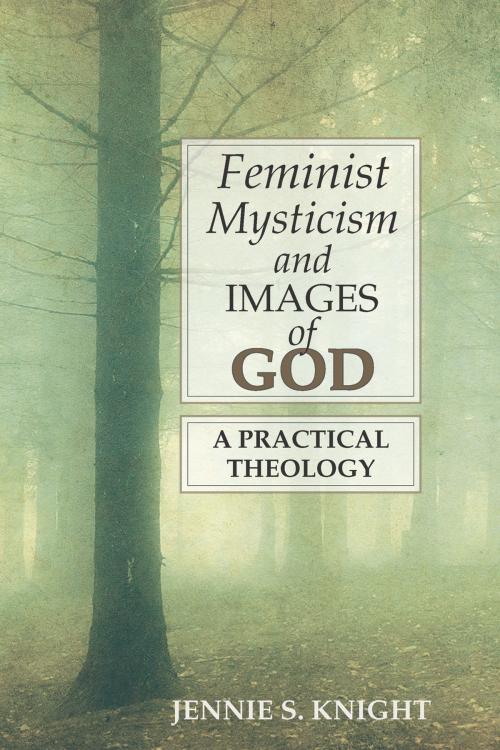Feminist Mysticism and Images of God
A Practical Theology
Nonfiction, Religion & Spirituality, Theology| Author: | Dr. Jennie S. Knight | ISBN: | 9780827210516 |
| Publisher: | Chalice Press | Publication: | February 28, 2011 |
| Imprint: | Chalice Press | Language: | English |
| Author: | Dr. Jennie S. Knight |
| ISBN: | 9780827210516 |
| Publisher: | Chalice Press |
| Publication: | February 28, 2011 |
| Imprint: | Chalice Press |
| Language: | English |
Feminist theologians often claim that "women's experience" is their starting point. However, most feminist theology is remarkably void of analysis of particular women's experiences of imaging God. In this book, Knight provides practical recommendations to help people transform images in the context of religious practices.
What difference does it make whether we picture God as an elderly white grandfather, a nurturing African American mother, or a stranger on the bus?
Jennie Knight says our image of God affects how we see ourselves, how we worship, how we treat one another, how (or whether) we work for justice, and a host of other life practices. But after years of knowing intellectually that God transcends a specific human type, Knight still struggles to make an emotional connection with God in different forms. She suspects that that struggle is why many seminarians who wrote papers about thea/theology abandon nontraditional God images once they hit parish ministry, perpetuating the practice of seeing God as a European male on a throne and all the accompanying problems that such imagery creates.
Knight believes that personal and critical reflection in the context of a supportive learning community, combined with experiences of diverse images for the divine in worship, can lead to profound changes in self-image, relationship with the divine, and agency in the world. This book aims to demonstrate why and how this transformation is both possible and necessary.
The popularity of The Shack, The Secret Life of Bees, Joan of Arcadia, and other works with nontraditional God-figures reveals a culture ready to embrace God in many forms. Knight examines how the church can do the same.
Feminist theologians often claim that "women's experience" is their starting point. However, most feminist theology is remarkably void of analysis of particular women's experiences of imaging God. In this book, Knight provides practical recommendations to help people transform images in the context of religious practices.
What difference does it make whether we picture God as an elderly white grandfather, a nurturing African American mother, or a stranger on the bus?
Jennie Knight says our image of God affects how we see ourselves, how we worship, how we treat one another, how (or whether) we work for justice, and a host of other life practices. But after years of knowing intellectually that God transcends a specific human type, Knight still struggles to make an emotional connection with God in different forms. She suspects that that struggle is why many seminarians who wrote papers about thea/theology abandon nontraditional God images once they hit parish ministry, perpetuating the practice of seeing God as a European male on a throne and all the accompanying problems that such imagery creates.
Knight believes that personal and critical reflection in the context of a supportive learning community, combined with experiences of diverse images for the divine in worship, can lead to profound changes in self-image, relationship with the divine, and agency in the world. This book aims to demonstrate why and how this transformation is both possible and necessary.
The popularity of The Shack, The Secret Life of Bees, Joan of Arcadia, and other works with nontraditional God-figures reveals a culture ready to embrace God in many forms. Knight examines how the church can do the same.















